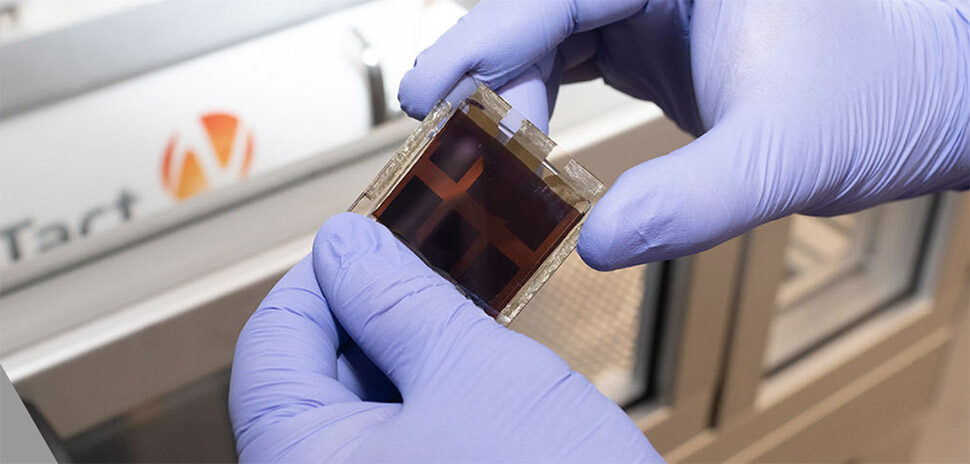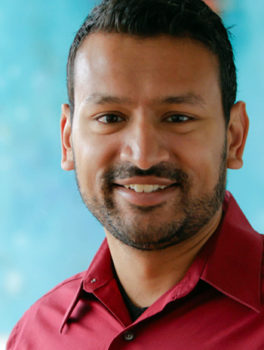Kent Chapman sees the potential for plant tissue to produce an alternative energy source.
The University of North Texas professor of biological sciences is studying the cellular storage of lipids in plants. His goal is to learn ways to produce an oil in plant tissue, other than seeds and fruits, applicable for chemicals, fuels, and other products.
“That’s why people say basic science is the fuel for innovation, because new principles can be discovered.”
Kent Chapman
His research recently received a boost from the U.S. Department of Energy Office of Science through a $650,000 grant.
The funding will be used toward supplies, lab instruments, and the use of facilities within the university.
“What’s exciting about this project is that what you ultimately think it’s good for, so many other things can come out of it that you hadn’t anticipated,” Chapman said. “That’s why people say basic science is the fuel for innovation, because new principles can be discovered.”
Delivering what’s new and next in Dallas-Fort Worth innovation, every day. Get the Dallas Innovates e-newsletter.
R E A D N E X T
-
Dallas-based Hunt Perovskite Technologies, part of Hunt Consolidated Inc, is one of the 22 selected for a new program from the DOE dedicated to making perovskite photovoltaic devices commercially available. If validated, the tech could make solar cells more efficient at a lower cost—but first, the projects have to overcome the issue of it being too unstable to commercially use.
-
The energy-as-a-service company aims to reduce industrial emissions through AI and an IoT platform that identifies areas to lower fuel consumption.
-
Perot Jain-backed Booster was founded in 2014 out of Fort Worth's AllianceTexas, before moving its HQ to San Mateo, California. Booster has raised over $108M in funding, and now operates in California, Texas, Tennessee, and Washington, D.C. By partnering with REG, it aims to help fleets switch to renewables, cutting carbon emissions in the fight against climate change.
-
Plano-headquartered Ericsson and MIT are joining forces for mobile breakthroughs in both 5G and 6G. Together, they'll explore how lithionic chips could enable neuromorphic computing and how "zero-energy" devices could be powered by radio signals—delivering ultra-fast speed, low latency, and superb reliability.
-
Catastrophes like Hurricanes Katrina and Harvey can cause massive human misery and death. With the National Science Foundation grant, SMU Professor Halit Üster will explore ways to use data to help move millions safely out of harm's way—with enough supplies available to meet their needs.






























